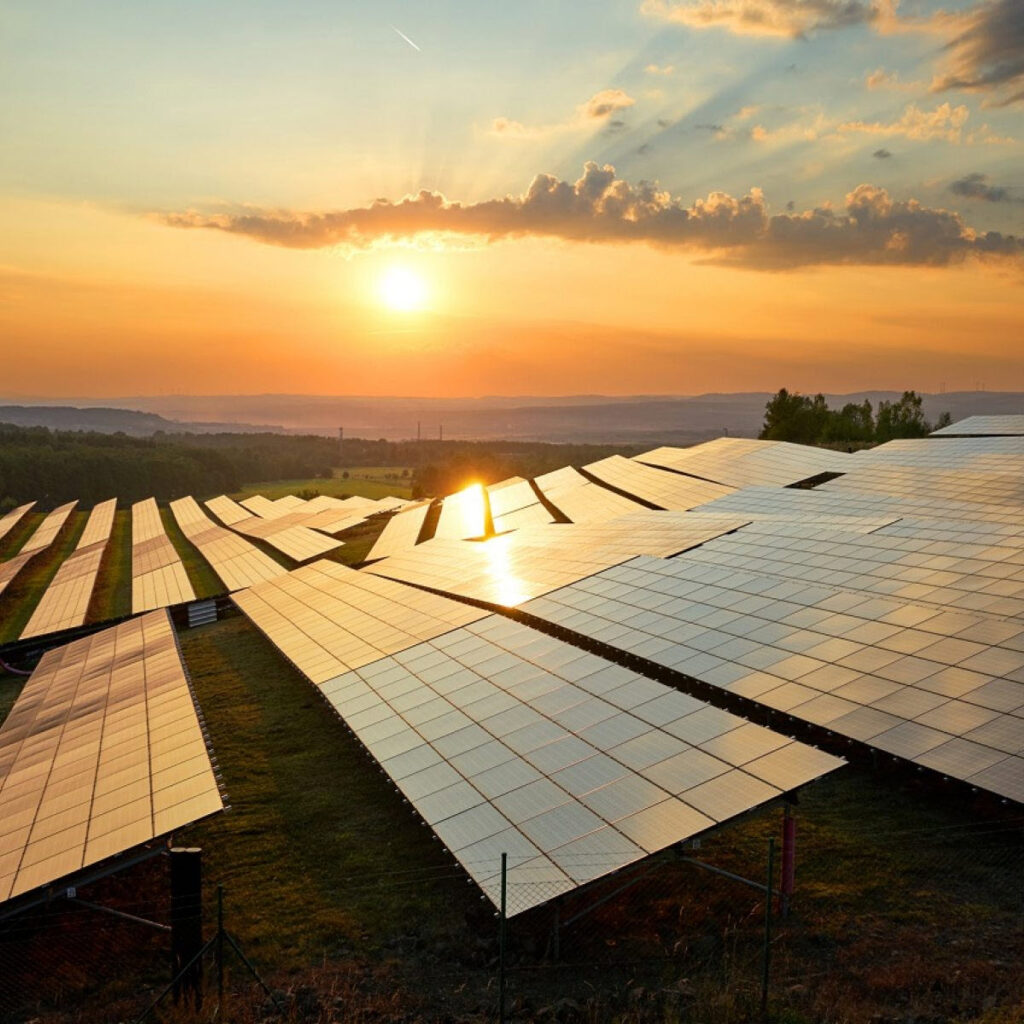ENB Publishers Note: Windfall taxes do not solve anything, except give the government more money to waste.
A windfall tax on generators could risk future investment into energy infrastructure, impacting the transition to net zero and prolonging the UK’s reliance on volatile international gas, Energy UK has warned.
In a new document released yesterday (9 June), the trade association highlighted the significant investment required to meet the country’s decarbonisation targets and build out renewable energy infrastructure. The energy industry is planning to invest over £100 billion over the course of this decade in new energy sources for example.
With domestic wind and solar considerably cheaper and more secure than relying on international gas, transitioning to them will reduce energy bills. The cost of these technologies has fallen in part because of stable long-term policies, and investment in innovation throughout the supply chain.
A windfall tax of generators – such as the government is currently considering – would risk slowing, and ultimately increasing, investment costs for major developers.
“The next decade will be critical in ensuring sufficient investment to reach both our climate change and domestic energy security targets. Generation is a long-term industry, with investment horizons that span decades and a windfall tax on generators could delay and raise the cost of these investments – at the very time that we need to increase spending to meet the government’s own aims,” said Adam Berman, deputy director of Energy UK.
Within the British Energy Security Strategy – launched by the government in response to the energy crisis in April – new, increased renewable energy targets were unveiled, including expanding offshore wind capacity by almost 400% in only eight years.
To reach net zero by 2050, the Committee on Climate Change estimates that annual UK low-carbon investment will need to increase from around £10 billion in 2020 to £50 billion by 2030 and continue at this level until the middle of the century. The majority of this investment is expected to come from the private sector.
There are additional benefits to renewable energy investment, with the UK’s electricity industry currently creating around £83 billion in economic activity through its supply chain and interaction with other sectors. It invests over £10 billion annually, pays over £4 billion in taxes and supports almost 50,000 jobs.
The trade association highlighted solar and wind generation developed through the Contracts for Difference subsidy mechanism are expected to pay back almost £600 million to the system between October 2021 and April 2023.
A windfall tax on generators could lead major developers to question their return on investment, just at the moment when capital is needed to support the rollout of net zero technologies, said Energy UK.
In May, Chancellor Rishi Sunak announced a windfall tax of oil and gas majors to support consumers amidst the current energy crisis driven by record high gas prices. In April, the default tariff price cap rose by 54%, and is expected to jump again in October to £2,800.
“Customers are facing a cost-of-living crisis that has been driven by international gas prices so – while the support package announced recently was very welcome – we also need to be very careful of any actions that could inadvertently push up the cost of investing in new generation, forcing consumers to pay higher energy bills for longer,” continued Berman.
“Generators have already invested billions of pounds of investment and, given the right framework, are ready to deliver billions more to help the country reach its climate change targets and reduce our dependence on the volatile fossil fuel prices that are causing record energy costs for customers at present.
“We need to make investment in cheap, clean, domestic generation easier – not harder – and with electricity demand set to double by 2035, a windfall tax would jeopardise our pathway to energy security, net zero and reliable low-cost electricity.”

